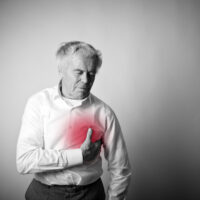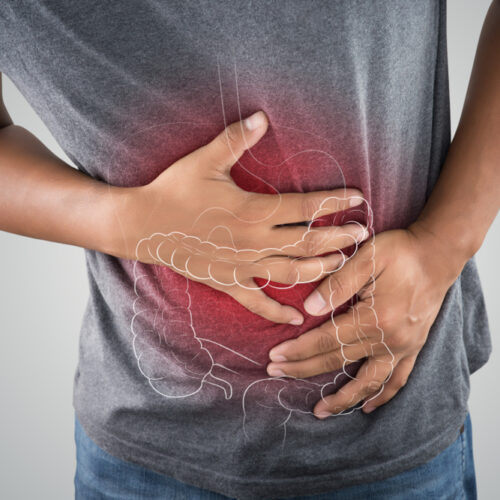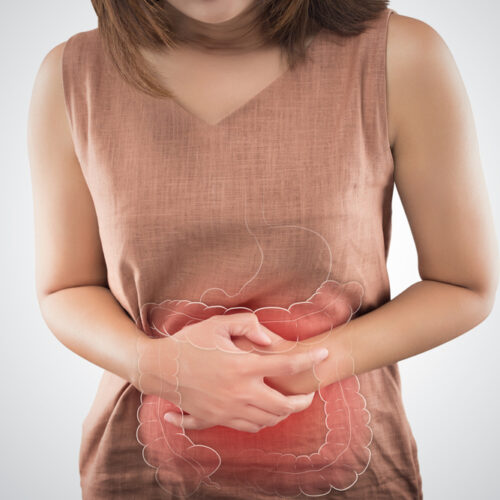Everything About Heart Valve Diseases
Heart valves are integral components of the cardiovascular system, which play a significant role in regulating blood flow within the heart. However, these valves can encounter issues that can cause serious health complications, and one may need medical intervention from a healthcare professional to restore their proper functioning. Learning about the function of heart valves, types of heart valve problems, their causes, symptoms, and available treatment options can help understand the condition better.

The function of heart valves
Heart valves, located within the heart chambers, are thin flaps of tissues that open and close in tandem with the pumping of one’s heart. Their primary function is to regulate blood flow throughout the body and ensure it moves forward correctly. A human has four main valves- the aortic valve, the mitral valve, the pulmonary valve, and the tricuspid valve.
Types of valve problems
There are various types of problems one may face in the case of heart valves. One is regurgitation, which refers to the backflow of blood through a valve that doesn’t close properly, causing leakage. Another one is stenosis which occurs when a valve becomes narrowed or constricted, restricting the normal flow of blood. Atresia, on the other hand, refers to a valve that is completely closed or absent, blocking the passage of blood. Depending on how and which of the valves above are affected, the condition may impact the functioning of one’s heart.
Causes of heart valve problems
Heart valve issues, also called valvular heart disease, can have various reasons. Sometimes a heart valve abnormality present at birth might cause problems later. The valve’s size or form may be faulty, or there may be problems with how the valve flaps attach to the heart. The valve may, as a result, have trouble opening and closing.
Apart from genetic issues, inflammatory diseases like rheumatic fever or infections can affect the valves and damage them. Cancer-related radiation therapy can also pose a risk to one’s valvular health. Age is also a major determining factor of the condition. Aging can lead to the gradual deterioration of one’s valves, causing valve thickening, deposits, stiffening, or weakening of the organs.
Besides these, coronary artery disease, any damage to the heart muscle from a heart attack, and high blood cholesterol that is poorly controlled can also affect one’s valves. Getting yearly check-ups is crucial to prevent the problem from worsening. Early detection lowers the risk of complications and enables a healthcare professional to suggest the best course of treatment, which may include surgery to remove or replace the valve if necessary.
Recognizing symptoms of heart valve problems
Heart valve problems can often go unnoticed until they significantly impact blood flow. Monitoring the condition closely and seeking treatment when necessary is important for managing valvular heart disease. Some common symptoms to look out for include chest discomfort, irregular or rapid heartbeats, or shortness of breath. One may also notice swelling in one’s abdomen, feet, and ankles caused due to fluid retention. Fatigue or weakness without any changes to one’s lifestyle, light-headedness, or dizziness are other common symptoms of heart valve issues.
Treatments
A healthcare professional may advise surgery if one’s valves are narrowed or leaky and are beyond repair. Aortic valve problems, in particular, have limited treatment options, and to alleviate the risk of complications, replacing the valve may be recommended. Similarly, if the mitral valve doesn’t fully open or close, causing blood to leak back into the lungs, one may be suggested to go for surgery. At times, one may require a replacement of both these valves.
The surgery usually includes replacing a defective valve with an artificial or biological valve. The metal valve is more long-lasting but may require one to take additional blood thinning oral therapies, while the biological valve can last up to 20 years without the said therapies. The five-year survival rate of these replacement surgeries varies depending on one’s overall health, including any current health concerns, heart condition, and age.
Recovery process
The recovery from heart valve surgery requires an individual to stay in the hospital for about five to seven days with proper care. The staff may monitor one’s heart, blood pressure, and breathing. A recipient’s hospital stay may reduce if surgery is minimally invasive. One may require several months after discharge to recover, heal from the surgery, and resume everyday activities. It’s important to follow all instructions post-surgery to avoid the risk of infections since one is especially vulnerable to them. If one experiences fever, chills, or tenderness around the chest, it’s important to consult a health expert immediately.











